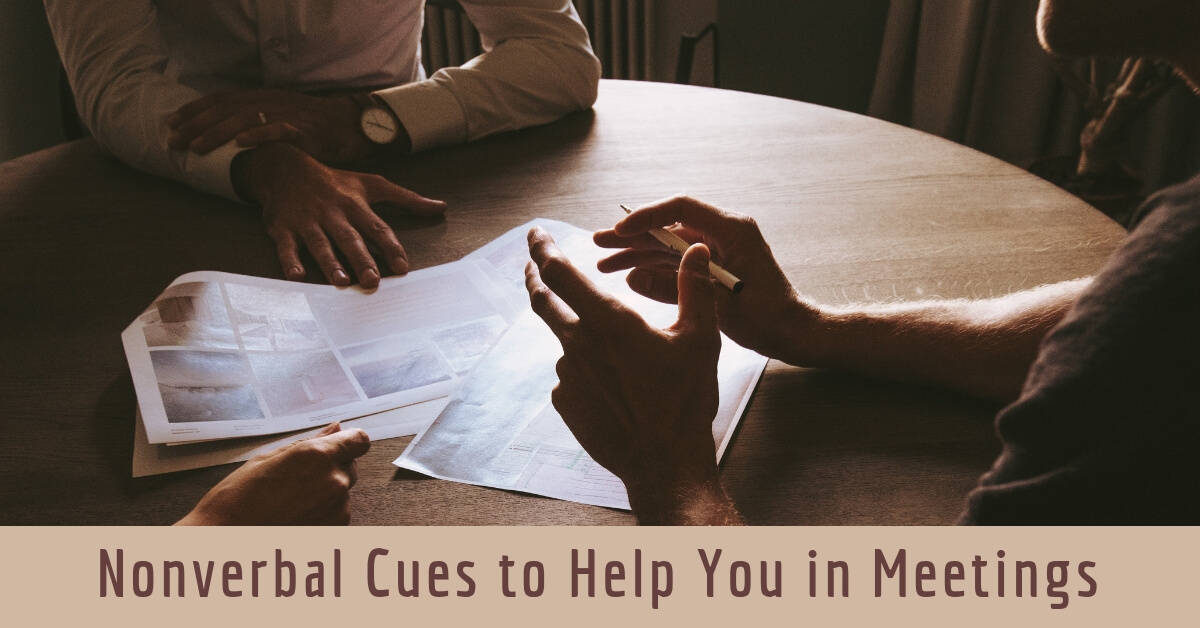If you deal with hearing loss at your workplace, you know how challenging it can be. When it is hard to hear, it is easier to miss critical information and that can put you behind on the job or leave you out of the loop. Keeping up with your coworkers can be especially hard during meetings. Conversations with many people are especially difficult to navigate with hearing loss which makes it harder to pick up the directionality of sound to follow who is saying what.
Hearing aids and assistive technologies are going to be part of the solution. Modern hearing aids are small marvels that greatly improve your ability to comprehend speech and follow conversation – even in challenging situations. Combining your hearing aids with assistive technology, such as live captioning devices or small microphones that stream sound directly to your hearing aids can help you take in the full picture.
Additionally, being able to pick up on a number of visual nonverbal cues can help you discern what is happening in a meeting. Subtle signals from the others in attendance can let you know when you are being understood, when someone wants to speak, and other important social cues.
Acquaint Yourself with Body Language
Many of us already have an intuitive sense of some nonverbal signals that accompany speech, but you can hone your ability to see these signs with practice. Start by sitting in front of a mirror. Pretend you are in an important meeting and ask a question to your reflection. Now try making a confident proposal. Then, pretend you have something to say, but have to wait until a long presentation is finished.
Chances are, the body signals you saw in your reflection went through some distinct changes. While body language can’t tell you exactly what is being said, it can often make understanding a speaker easier by giving their words social context. Role play your workplace participation in front of a mirror to see just how much your expression and gestures change depending on what you are trying to convey.
Another way to get better acquainted with body language signals is to watch television or movies with the volume turned low. Use the physical signals from the actors to see if you can follow the narrative arc. You can start by watching shows where you know the course of the action, but it can also be fun to see if you can puzzle out what is happening in an unfamiliar plot.
Questioning Signals
We send different physical signals when we are asking a question than when we are talking in statements. Our body language when we ask a question almost beckons a response from others. Often, we will raise our eyebrows or tilt our head slightly to show we are listening. You’ll also see direct eye contact with the person who is being asked the question. In a meeting situation, this eye contact can be used to help follow the conversation.
Approval Signals
People also send little signals that they understand or support what you are saying. Verbally, these signals are often small “mm-hmms” stated to confirm that the listener is following what you are saying. Head nods and focused eye contact are signs that denote you are being understood, or that there is approval for what you are saying. Learning to pick up on these small cues can help you gain confidence and control as a speaker at work, understanding when there is support for your ideas.
Interjection Signals
In settings like meetings, it is also important to have a grasp on when other people would like to speak or respond. When people have something to say, they often indicate it with their posture. Leaning forward, raising a hand or a few fingers slightly and a more anxious stance are all signs that they wish to talk. If you are running a meeting, be sure to scan the room often to see if people would like to talk. Picking up on cues someone would like to speak helps make a meeting run smoothly and creates a group dynamic where everyone is heard.
Desert Valley Audiology
In the workplace, you need to hear your best. That’s why Desert Valley Audiology focuses on finding solutions customized to your hearing loss and lifestyle. We can help you find hearing answers that help you be the best at what you do – give us a call to find out more!

